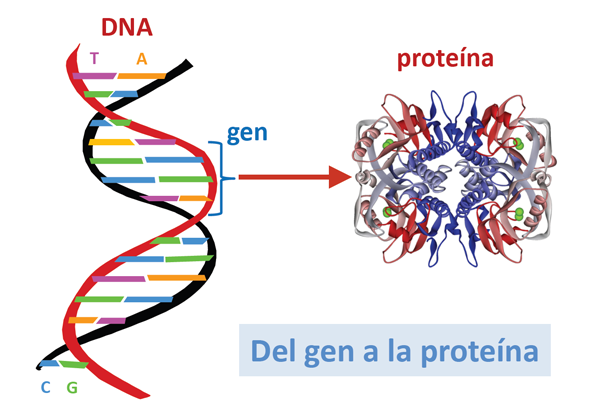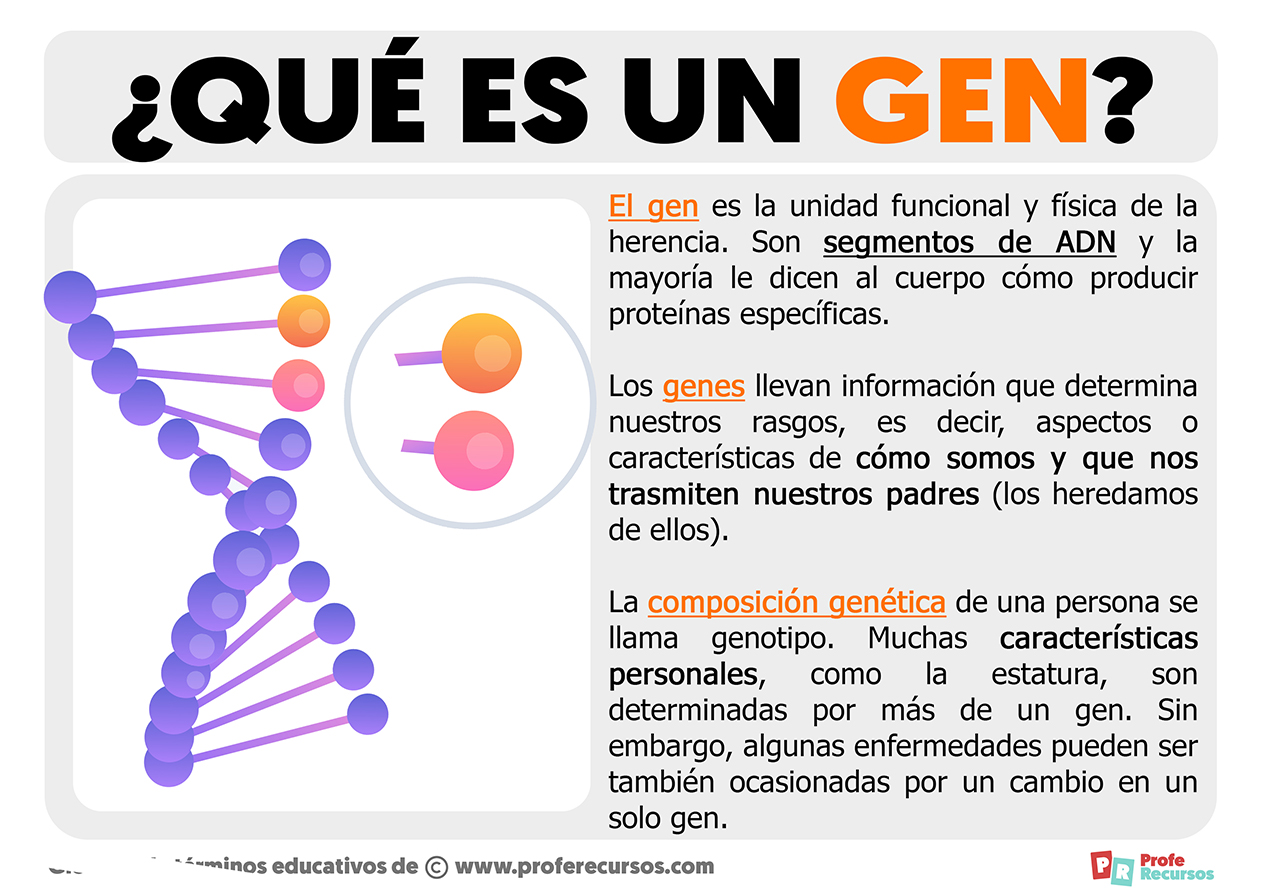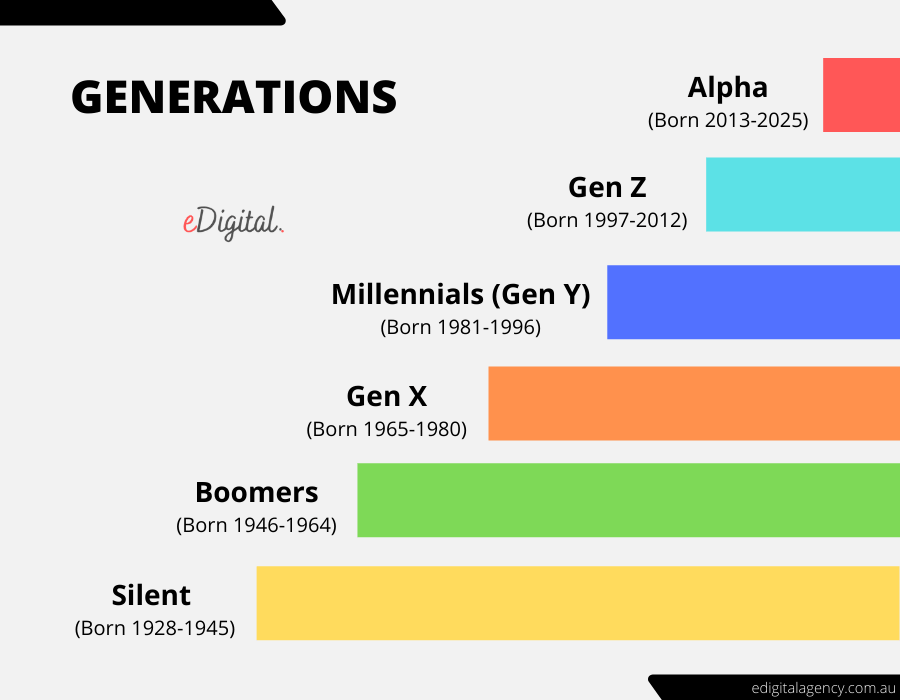The way young people speak, you know, it’s always shifting and changing. One minute, you might feel like you have a good handle on what the kids are saying, and the next, it’s like a whole new language has appeared. This is particularly true when we think about the younger crowd, often referred to as Gen Alpha, and the unique words they seem to be bringing into everyday talk. It’s a fascinating area, really, how language gets shaped by each new generation.
There's a good bit of chatter, a lot of people wondering, about these so-called "Gen Alpha slang words." Some folks, like a parent who mentioned their child born in 2013, recall a time when their young one knew a whole range of words, until, well, something like "Skibidi Toilet" came along and changed the landscape. It makes you think, doesn't it, how quickly things can evolve in the world of youthful expression, and how sometimes, it’s almost hard to keep up with the latest phrases or expressions that are making the rounds.
So, what exactly are we talking about when we mention these particular expressions? Are they genuinely new creations from the youngest generation, or is there something else going on? We’re going to take a closer look at some of these popular terms, like "rizz," "sigma," and "gyatt," and try to figure out where they come from and how they are actually used by young people. It’s a bit of a puzzle, but honestly, it’s quite interesting to try and piece together.
Table of Contents
- What's the Buzz About Gen Alpha Slang?
- Are These Really Gen Alpha Slang Words?
- What Are Some Common Gen Alpha Slang Words?
- How Does "Skibidi Toilet" Affect Gen Alpha Slang?
What's the Buzz About Gen Alpha Slang?
There’s a lot of talk, a good deal of discussion, about what makes up the language of Gen Alpha. People often wonder if these young ones, who are, you know, born after 2010, are truly creating their own unique set of words. It’s a common thought that perhaps the terms we hear are just, well, the latest iterations of language from the generation right before them, Gen Z. For example, someone who is fifteen years old might find themselves looking up certain slang words because they don't quite get them, even though those words are supposedly what Gen Alpha uses. This suggests, in a way, that the lines between these generational vocabularies are a bit fuzzy, honestly.
It’s almost like a game of telephone, where words get passed along, changing slightly as they go. What one group starts, another group picks up and adapts, perhaps giving it a slightly different spin or using it in a new situation. So, when someone asks for a full collection of "gen alpha slang words," they're often looking for terms like "rizz," "sigma," and "gyatt," which are pretty widely talked about. These words, you know, they've certainly made their way into popular conversation, and it’s interesting to see how they are received by different age groups. It's not always clear cut, which is fair enough.
The Blurry Line of Gen Z and Gen Alpha Slang Words
It’s very common to feel like the slang we attribute to Gen Alpha is, in some respects, just an extension of late Gen Z slang. As a matter of fact, many of these words, the ones people often think of as characteristic of Gen Alpha, were probably created by Gen Z in the first place. A person who is fifteen, for instance, might not fully grasp some of these expressions until they do a quick search online. This really highlights how fluid and interconnected youth language can be, especially between generations that are close in age. It’s not always a clean break, you know, from one set of words to the next.
There's this idea that Gen Alpha are, like, five years old, which isn't quite right for the older members of the group. If a child was born in 2013, they would be around ten or eleven now, so they're certainly old enough to be picking up and using these terms. The spread of these words happens so quickly, often through online videos and social media, that it’s hard to pinpoint an exact origin. So, while we might categorize certain phrases as "gen alpha slang words," it's probably more accurate to think of them as part of a broader, shared youth lexicon that gets passed around pretty freely, actually.
Are These Really Gen Alpha Slang Words?
When you really think about it, what people call "gen alpha slang" is, in a way, barely slang at all these days. It’s almost as if it has turned into a collection of words that get put together for a humorous, often ironic, effect. You might hear phrases like "skibidi ohio rizzler," which, you know, doesn't really make sense on its own. The humor comes from the combination of words that are, well, a bit silly when put together like that. This approach to language is quite different from traditional slang, which usually has a more defined meaning that everyone understands.
It’s not always about a single word having a new, secret meaning. Instead, it’s about how these words are combined and used in a playful manner. This suggests that the creativity isn't just in inventing new words, but in how existing popular terms are mashed up to create something that’s meant to be funny or to poke fun at something. It’s a very modern take on language, isn't it, where the context and the combination are just as important as the individual words themselves. This means that if you try to learn these "gen alpha slang words" in isolation, you might miss the whole point, honestly.
The Irony and Playfulness of Gen Alpha Slang
The ironic use of these words is a really big part of what makes "gen alpha slang" unique. It’s not just about knowing what "rizz" means; it’s about knowing when to use it in a way that’s a bit over the top or to make a joke. This playfulness means that the words don't always have a straightforward definition. Instead, their meaning can change depending on the situation and the tone of voice. It’s a subtle thing, you know, but it makes a lot of difference in how the language is understood.
This kind of language use is, in some respects, a sign of a generation that’s very comfortable with internet culture and memes. They understand that words can be used as building blocks for humor, and that the fun often comes from the unexpected ways these blocks are put together. So, when you hear a phrase that seems nonsensical, like "skibidi ohio rizzler," it’s probably not meant to be taken seriously. It’s more like an inside joke, a shared understanding among young people about how to create a laugh. This playfulness is a key characteristic of how these "gen alpha slang words" are actually used, which is pretty cool.
What Are Some Common Gen Alpha Slang Words?
When people ask for a list of "gen alpha slang words," they often bring up specific examples that have gained a lot of traction. Terms like "rizz," "sigma," and "gyatt" are frequently mentioned. These words, you know, they've certainly captured the attention of many, and they seem to pop up in conversations and on social media quite a bit. It’s interesting to see how certain words become so widely adopted, almost overnight, and how they become part of the everyday language of young people. It’s a pretty quick process, actually.
While the exact origins can be debated, what’s clear is that these words are part of the current linguistic landscape for young people. They might have started with Gen Z, but they've definitely been picked up and used by the younger crowd. So, if you're trying to keep up with what young people are saying, understanding these terms is a good place to start. They are, in a way, the entry points into the current youth vocabulary, and they give you a sense of the kind of language that’s being used out there, which is helpful.
"Rizz," "Sigma," and "Gyatt" Explained
Let's take a look at "rizz," for instance. This word, you know, is generally understood to mean a person's ability to attract someone, particularly through charm or smooth talking. It’s like having a certain kind of charisma that helps you, well, get someone to like you. It’s a term that’s become very popular, and you hear it used in all sorts of situations where someone is trying to impress another person. It’s a pretty common one these days, honestly.
Then there's "sigma." This term, in some respects, describes a person who is independent and self-reliant, someone who doesn't really follow the crowd. It’s often used to refer to a man who is seen as strong and a bit of a lone wolf, someone who does things their own way. It’s a concept that’s gained a lot of traction, especially online, and it represents a certain kind of personality that young people seem to admire. It’s a bit of a niche term, perhaps, but it’s definitely out there.
And then we have "gyatt." This one, you know, refers to a large backside, particularly on a woman. It’s a term that’s quite informal and, well, a bit crude, but it’s certainly part of the current lexicon among some young people. Like many "gen alpha slang words," it’s often used in a casual, sometimes joking, way, especially in online contexts. It’s just one of those words that has made its way into everyday conversation, for better or worse, and it’s something you might hear if you’re around young people, actually.
How Does "Skibidi Toilet" Affect Gen Alpha Slang?
The mention of "Skibidi Toilet" in the source text is pretty interesting, because it points to how cultural phenomena, especially online ones, can really shape the language young people use. A parent noted that their child, born in 2013, knew a wide range of words until this "Skibidi Toilet" thing came out. This suggests that certain viral content can have a big impact on what words become popular and how they are combined. It’s almost like a watershed moment for language, isn't it, when a new trend completely shifts the conversation.
The phrase "skibidi ohio rizzler" is a perfect example of this. It takes "Skibidi," from the popular online series, combines it with "Ohio," which became a meme representing something strange or unusual, and then adds "rizzler," a variation of "rizz." This kind of combination shows how "gen alpha slang words" are not just about new individual terms, but about the creative, often ironic, mixing and matching of existing cultural references. It’s a very playful way of using language, where the humor comes from the unexpected mash-up. This is, you know, a pretty clear sign of how internet culture influences how young people talk, which is fascinating.
So, it’s not just about picking up a new word; it’s about understanding the whole context, the inside jokes, and the specific online trends that give these words their power. Without knowing about "Skibidi Toilet," for instance, the phrase "skibidi ohio rizzler" would make very little sense. This means that to truly understand these "gen alpha slang words," you also need to have a bit of a grasp on the digital world that young people inhabit. It’s all interconnected, really, the language and the culture, and that's something to keep in mind, you know.



